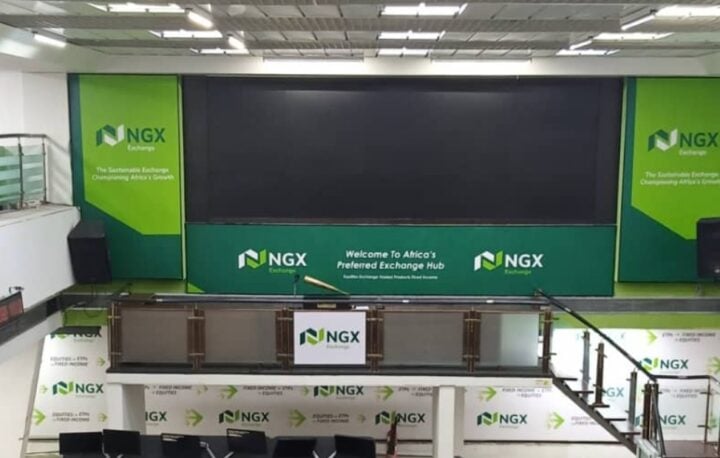Zacch Adedeji
The Federal Inland Revenue Service (FIRS) says it collected N12.37 trillion as tax revenue in 2023.
This was disclosed at the 2024 strategic management retreat organised by the service in Abuja on Wednesday.
Speaking on the revenue generation in 2023, Zacch Adedeji, FIRS executive chairman, said the revenue collection increased by over N2 trillion compared to a target of N10.17 trillion that the service had in 2022.
Adedeji, who attributed the increase to the performance of the non-oil sector, said the sector increased by 54 percent in 2023 compared to 2022.
Advertisement
Breaking down the N12.37 trillion tax revenue, he said the oil sector generated N3.17 trillion (25.6 percent) and the non-oil sector contributed N9.2 trillion (74.4 percent).
‘N19TRN TARGET FOR 2024’
Speaking on the target for 2024, Adedeji said the agency is aiming for a tax revenue of N19.4 trillion.
Advertisement
According to Adedeji, the strategy for reaching the target is to develop proactive engagement by establishing regular communication.
“We will provide customised and efficient services that address the unique needs of large taxpayers and key sector contributors,’ he said.
“We will improve service delivery, expand tax net and enhance compliance measures by improve enforcement activities in line with relevant laws, and increase collaboration with strategic stakeholders.”
Reacting to the feasibility of the N19 trillion revenue target, Adedeji said FIRS must provide an effective tax collection system.
Advertisement
“We are not a revenue-generating agency. If we go with the plan to rejuvenate the economy, the goal is to tax prosperity and not poverty. Our duty is to have that viable structure to aid effective collection and development,” he said.
“So the focus is to improve tax collection effectiveness without increasing tax.”
On taxing the informal sector, Adedeji said the goal and focus are on moving the informal sector to become formal.
“Our focus is actually to bring informal sector to formal sector. How do we bring all these vocational skills, how do we get them registered, and we put them in such a way that the government can actually deal with them and make them formal?” Adedeji said.
Advertisement
“So the focus should not be let’s go and tax informal. The focus would be that we move informal sector to formal sector by registering them, improve their skill and then we can then tax them.”
‘SIMPLIFY TAXPAYERS EXPERIENCE’
Advertisement
Adedeji also elaborated on FIRS’ new organisational structure recently approved by the federal government.
The FIRS boss said the structure aims to improve the efficiency and effectiveness of the operations of the agency.
Advertisement
“In our pursuit for a more efficient and contemporary tax administration methodology, we are embracing an integrated tax approach, leveraging technology at every step,” he said.
“This approach positions FIRS at the forefront of innovation, ensuring that we meet the evolving needs of our taxpayers in a rapidly changing world.
Advertisement
“By tailoring our services to specific taxpayer segments, we aim to simplify the taxpayer experience. No more complexities, no more overlaps—just a seamless and user-friendly interaction for every taxpayer.”
He further said the agency is taking time to move from traditional tax categorisation to formulating taxpayer segments based on thresholds.
“This tailored approach ensures that taxpayers are guided and serviced according to their specific needs, eliminating confusion and redundancy in tax administration,” Adedeji said.
“Behind this transformative initiative are carefully considered considerations detailed in our operations plan.
“These considerations set the stage for a more responsive, efficient, and user-friendly tax administration system.
“Let me assure you that due process will be followed in this reformation. Extensive re-orientation and change initiatives will be implemented to ensure that no one is left behind.”
Adedeji, therefore, said the FIRS is restructuring, and the goal is to have an unyielding commitment to excellence in tax administration.
Add a comment






